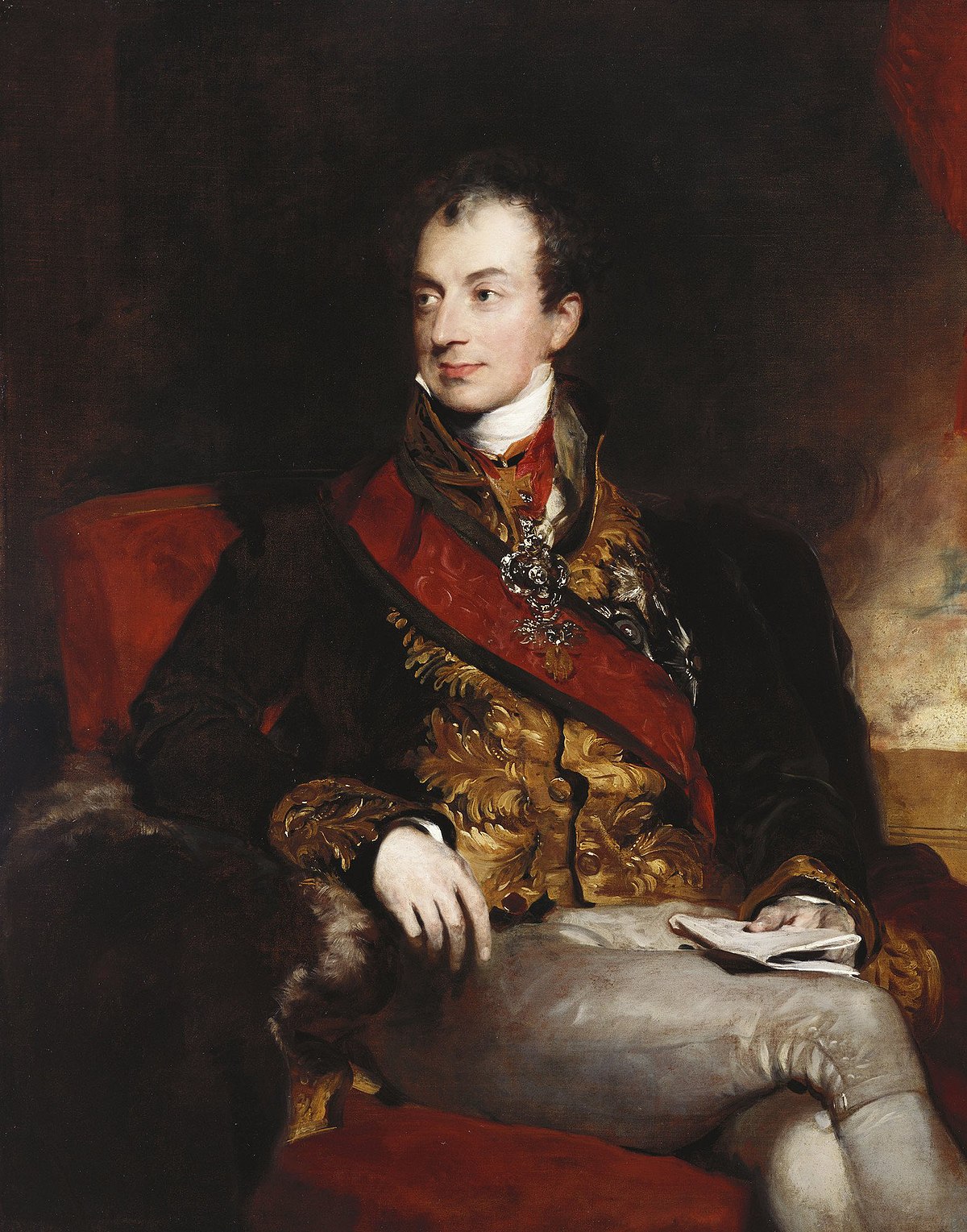
German Confederation
GermanyDuring the 1815 Congress of Vienna the 39 former states of the Confederation of the Rhine joined the German Confederation, a loose agreement for mutual defense. It was created by the Congress of Vienna in 1815 as a replacement of the former Holy Roman Empire, which had been dissolved in 1806. Attempts of economic integration and customs coordination were frustrated by repressive anti-national policies. Great Britain approved of the union, convinced that a stable, peaceful entity in central Europe could discourage aggressive moves by France or Russia. Most historians, however, concluded, that the Confederation was weak and ineffective and an obstacle to German nationalism. The union was undermined by the creation of the Zollverein in 1834, the 1848 revolutions, the rivalry between Prussia and Austria and was finally dissolved in the wake of the Austro-Prussian War of 1866, to be replaced by the North German Confederation during the same year.
The Confederation had only one organ, the Federal Convention (also Federal Assembly or Confederate Diet). The Convention consisted of the representatives of the member states. The most important issues had to be decided on unanimously. The Convention was presided over by the representative of Austria. This was a formality, however, the Confederation did not have a head of state, since it was not a state.
The Confederation, on the one hand, was a strong alliance between its member states because federal law was superior to state law (the decisions of the Federal Convention were binding for the member states). Additionally, the Confederation had been established for eternity and was impossible to dissolve (legally), with no member states being able to leave it and no new member being able join without universal consent in the Federal Convention. On the other hand, the Confederation was weakened by its very structure and member states, partly because most important decisions in the Federal Convention required unanimity and the purpose of the Confederation was limited to only security matters. On top of that, the functioning of the Confederation depended on the cooperation of the two most populous member states, Austria and Prussia which in reality were often in opposition.
Ask Herodotus
HistoryMaps Shop

Heroes of the American Revolution Painting
Explore the rich history of the American Revolution through this captivating painting of the Continental Army. Perfect for history enthusiasts and art collectors, this piece brings to life the bravery and struggles of early American soldiers.








